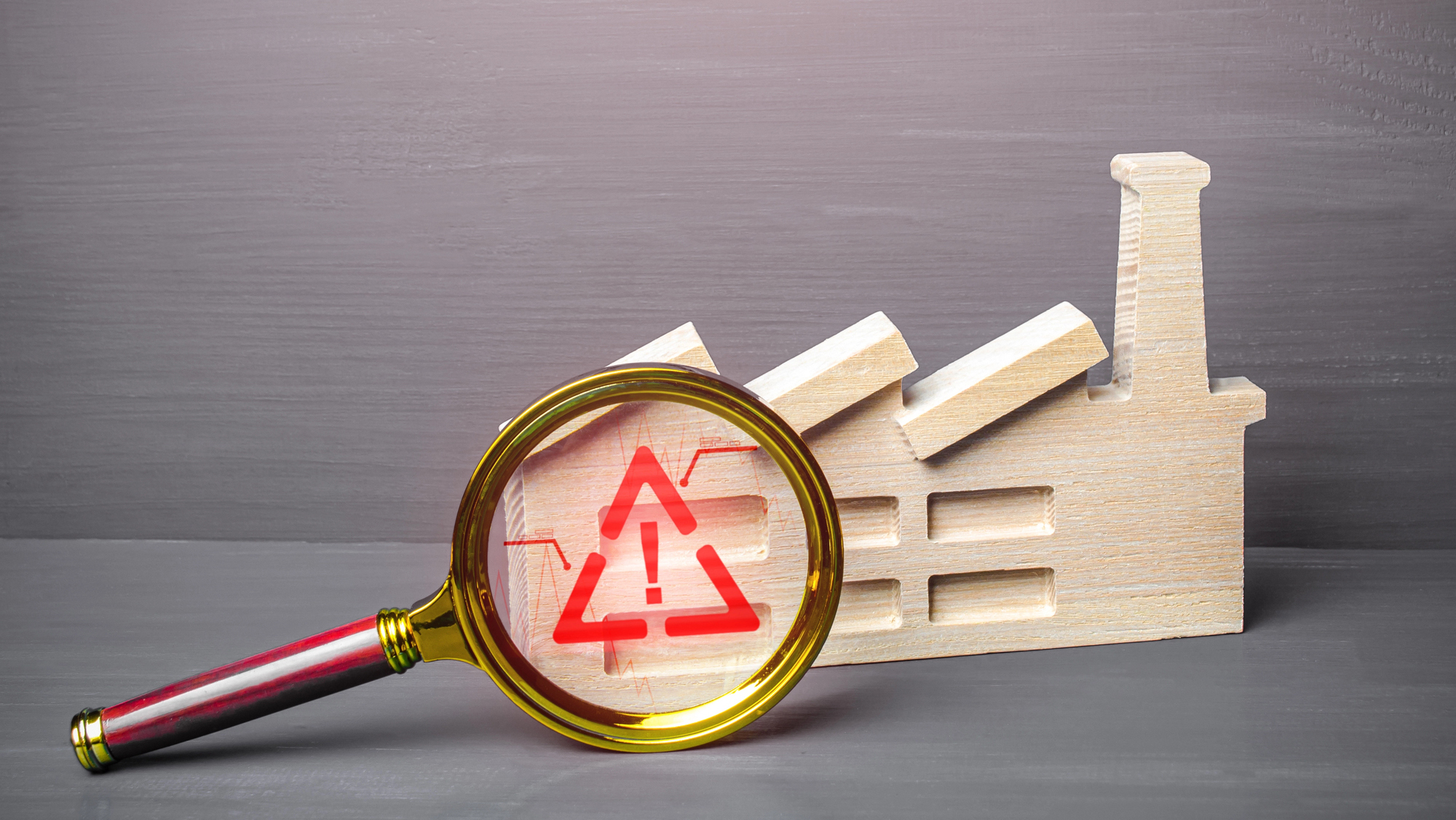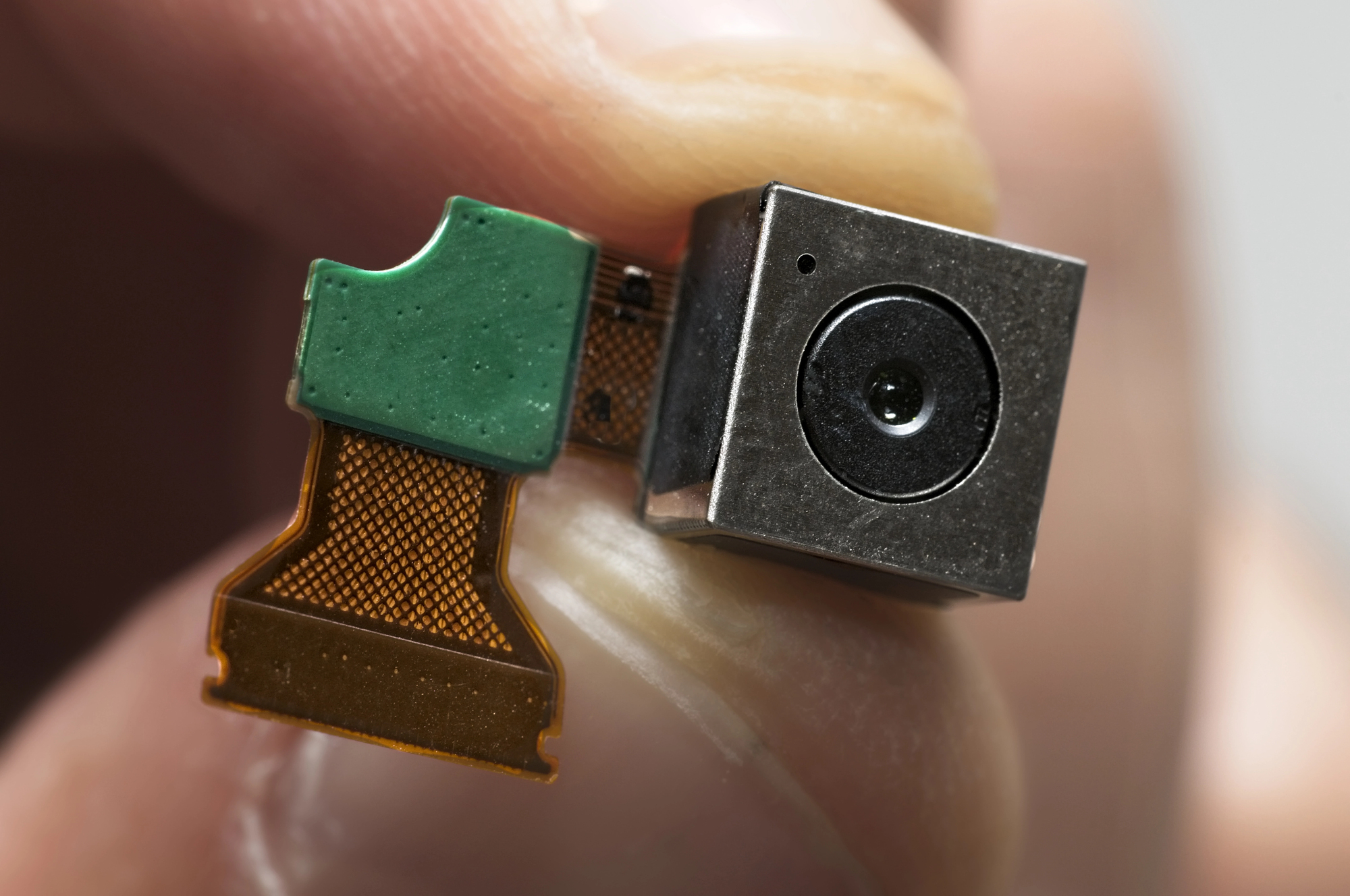Increase in Corporate Espionage Incidents: Key Prevention Strategies
Corporate Espionage: A Growing Threat
The constant increase in the number of incidents involving corporate espionage is alarming. In an era where these risks are intensifying, the protection of sensitive corporate information becomes paramount.
Five Essential Strategies Against Corporate Espionage
1. Insist on Non-Disclosure Agreements
Non-disclosure agreements (NDAs) are fundamental in protecting sensitive information. They are especially crucial when sharing access to proprietary technologies, data, or documents. The absence of an NDA can expose a company to significant risks, including unauthorized disclosure and misuse of confidential information.
While legal recourse may be available without an NDA, these agreements offer notable benefits. These include a clear cause of action in case of breach, the possibility of lump-sum damages, and the ability to specify a preferred forum for any litigation. Therefore, companies should insist on NDAs whenever they engage in activities likely to expose sensitive information. This requirement should be non-negotiable, regardless of the perceived trust or reputation of the other party.
2. Know and Control Your Trade Secrets
It seems axiomatic that a company seeking to protect its trade secrets should be able to succinctly identify them. Yet, the identification process can be challenging as technological development is fluid. Companies may conclude that the time and money required to precisely determine which trade secrets they possess are better spent elsewhere, including product development itself.
Not investing in identifying trade secrets poses two serious risks. First, companies that do not sufficiently understand their own trade secrets struggle to control access to them, interfering with their efforts to protect them. Second, courts regularly dismiss claims from companies unable to adequately identify their own trade secrets. Given these risks, companies will benefit from adopting a program to understand their trade secrets and limit who within the company has access to them.
3. Conduct Due Diligence
Due diligence is a crucial process for companies before sharing sensitive information with third parties, including partners, suppliers, potential investors, employees, and contractors. This process should include a thorough assessment of the background, reputation, and business practices of the concerned parties, with reference checks and review of public records.
In the event of red flags, it is advisable not to proceed without adequate protective measures, such as additional information or contractual assurances. Due diligence is also vital for internal employees and contractors, involving background checks and ongoing monitoring to prevent corporate espionage. Reliability and trust in these individuals are essential for the company's security.
4. Train Your Employees and Independent Contractors
Employees and sometimes independent contractors are the gatekeepers of a company's data. It is essential that they are trained to recognize and effectively respond to suspicious activities. Companies must therefore invest in training programs that raise employees' awareness of potential threats and develop their response skills.
Regular and comprehensive training is an effective deterrent against corporate espionage. It should cover identifying suspicious behavior, maintaining the confidentiality of sensitive information, and appropriate reactions to threats. Vigilant and well-informed employees are less likely to be targeted by espionage acts, and their ability to prevent and quickly manage incidents strengthens the security and resilience of the company.
5. Control of Espionage Devices
Faced with the rise in industrial espionage, companies must adopt a proactive approach to identify and neutralize potential espionage equipment. These devices, which can include listening bugs or spyware, pose a serious risk to the security and confidentiality of corporate information if not detected.
Combating industrial espionage begins with a thorough search for electronic or physical equipment that may be used to monitor activities and conversations within the company. This search must be exhaustive and cover all premises.
Electronic sweeping is a key method in this approach. It involves using specialized equipment such as radiofrequency signal detectors, spectrum analyzers, and signal amplifiers to identify hidden espionage devices. These instruments are essential for detecting electromagnetic signals indicating the presence of listening or surveillance devices.
The inspection must extend to places where microphones, cameras, or other recording devices might be concealed, including in walls, ceilings, electrical outlets, furniture, as well as in decorative objects and plants. Such thorough verification is crucial for ensuring effective protection against industrial espionage.
Adopting a Multifaceted Approach
The prevention and mitigation of corporate espionage require a multifaceted approach. By implementing rigorous legal protections, conducting thorough due diligence, using secure communication practices, providing comprehensive employee training, and ensuring that there are no hidden espionage devices in the office.
Professional Bug Detection Service
At DEEGT Inc., we understand the crucial importance for businesses to safeguard against the risks of industrial espionage. As you make your preparations and take preventive measures, we are here to offer additional expertise. Specialists in detecting hidden electronic espionage equipment, our team conducts comprehensive professional inspections to ensure the security and confidentiality of your work environment. Entrust us with the inspection of your offices and benefit from our cutting-edge technology and in-depth expertise.
Contact DEEGT Inc. today for a consultation and strengthen your defense strategy against industrial espionage with our expert help!









